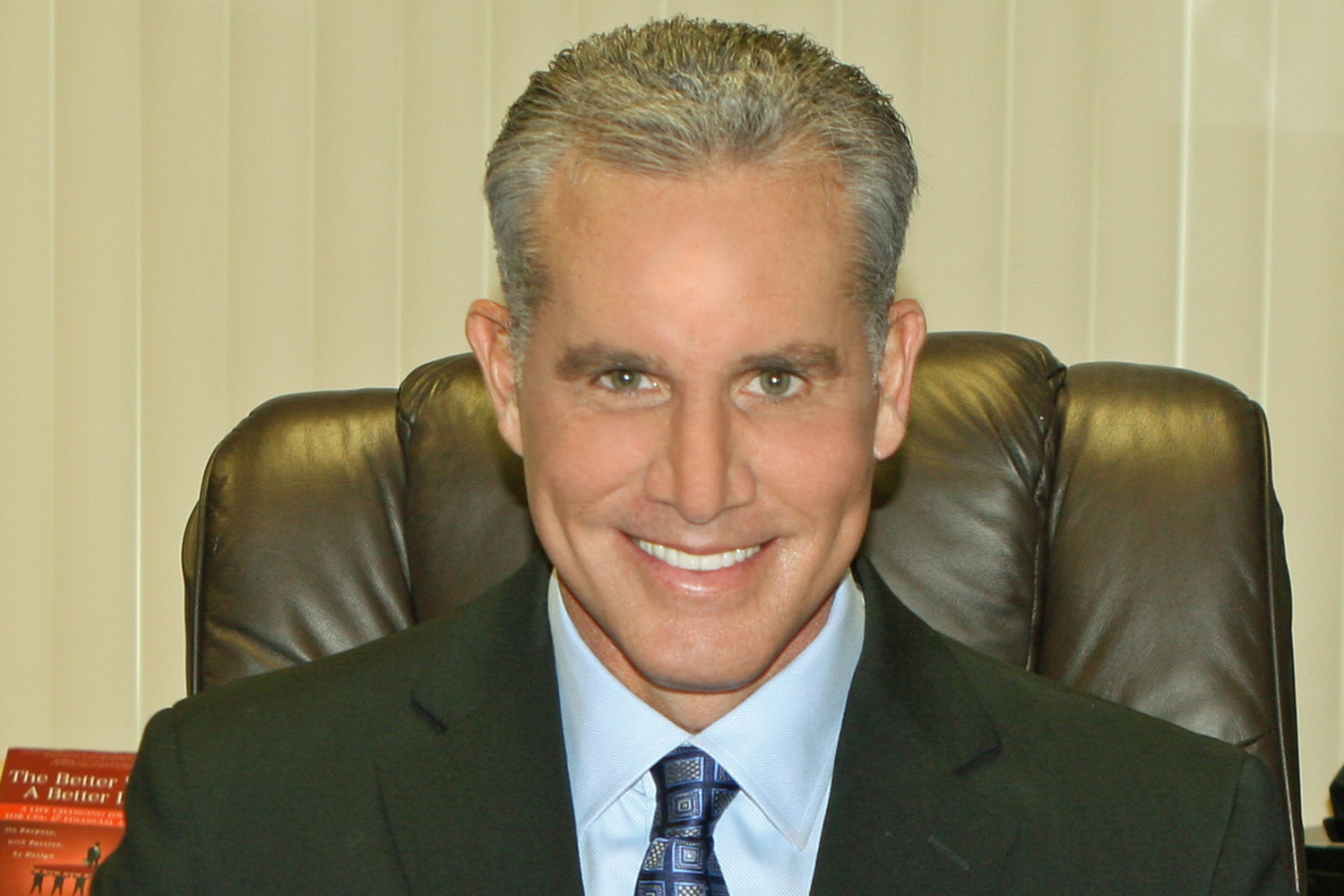Fighting the growing cybersecurity threat
A few months ago, I engaged the services of a firm that helps financial advisors educate their clients and the public about personal finance topics. I participated in an in-depth curriculum called “Savvy Cybersecurity.”
The primary purpose of this incredibly informative course was to provide me with the resources to help educate clients on how they may be able to protect themselves from the growing epidemic of identity theft, credit card fraud, phishing scams and ruinous hacks. The authors of the book, “Cybersecurity and Cyberwar,” contend that a cyber world war is underway and that we are all involved!
Our biggest problem is that most people do not realize how vulnerable they are or what they can do to maximize their security. Regrettably, we are part of a world that consists of criminal networks that conspire day and night to steal our username and password, obtain our Social Security number, open credit cards in our name, drain our bank accounts and seize our computer to hold it for ransom!
According to the authors of “Hack-Proof Your Life Now,” written in 2016, in just 24 hours, scammers would target the public with 94 billion emails. That’s 34 trillion malicious emails a year. Identity thieves would impersonate 35,000 people and wreak havoc with their finances and credit —more than 13 million victims annually, including 500,000 children. Hackers would likely blackmail 88,000 computer owners and demand ransom to unlock their encrypted PCs, 32 million in 12 months, more than one victim per second. These numbers are why the cybersecurity experts suggest that it is likely that our personal information has been exposed in a data breach or hack, especially given the number of hacks during the past few years.
Identity theft is the hottest cybercrime today, and the internet is the criminal’s best friend! Every year, thousands of people are victims of identity theft, and it can happen to anyone at any time. Cybersecurity is too important to ignore. Therefore, during each of my next few columns, I will provide one critical tip to help protect you from fraudsters, hackers and thieves!
So away we go with tip No. 1: Our email address is the key to our digital lives. We share it with countless businesses, organizations and people. If you've used the internet for any amount of time, you have entered your email address at a host of online accounts for shopping, traveling, exercising, gaming, dating and more. We don't think twice, but we should! Having your email addresses in so many databases puts you at a significant risk. Hackers routinely breach the security networks of many organizations that hold your primary email address. That stolen personal data, paired with poor email security, leads to disaster.
The CEO of IdentityTheftSecurity.com and security writer explained, "It has been said that if you own a person's email, you own the person. This means that once your email is hacked, pretty much your entire digital life is up for grabs. So even if you've done your due diligence to have all your passwords be different, if your email is hacked and it's associated with your other online accounts, the hacker could simply use a reset password and get access to all your other accounts.”
Check out the following story of professor and software security expert, Herbert Thompson. Thompson bet a friend that he could hack into her bank account. With her permission, he began. He first googled her name and stumbled upon her blog and an old resume. From the blog, he got her personal email address and her old college email address from her resume. Now he was on his way. Thompson was able to use the “forgot my password” feature on her college email account to get in using the personal information listed on her resume. Once he reset that password, he was able to reset her current email address having the link sent to her college email.
Once he was in her personal email, he could reset her online banking password. Now, you may not care if someone hacks into your Food Network or Yelp account, but you certainly don't want your online banking exposed in the same way. This is why you need to create a separate, secret email for your financial accounts. This email address should be unidentifiable — don’t use your first name, last name, initials or other identifying information. It should also be protected by a strong and unique password. A separate email address reduces your digital footprint and if your primary, non-financial email address is exposed in a hack, it will not be connected to your financial accounts. This is a key step in boosting your security.
If you would like a complimentary copy of my two-page Savvy Cybersecurity Quick Reference Guide, send me an email with your name and mailing address or give my office a call. Lastly, if you have not done so already, I encourage you to create a personal cybersecurity system for you … now … that will help keep you and your family safe!







